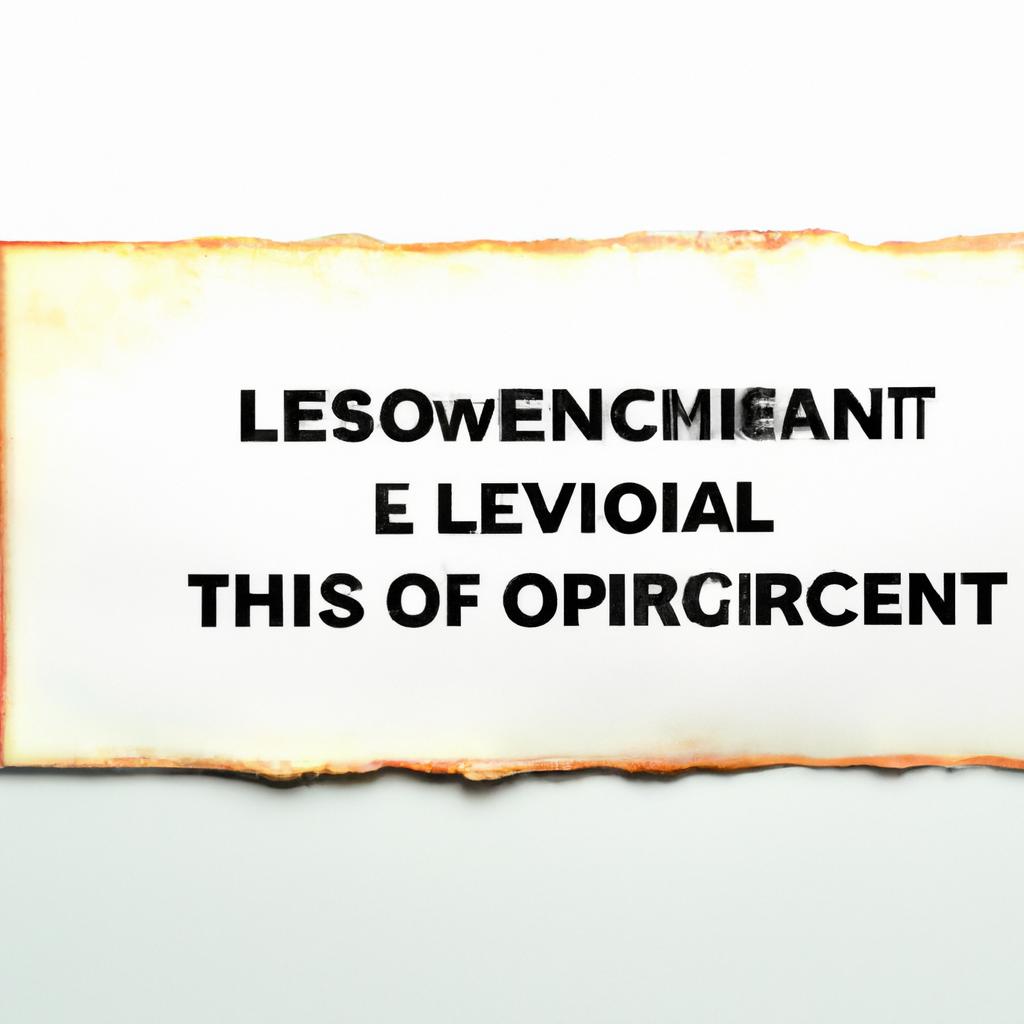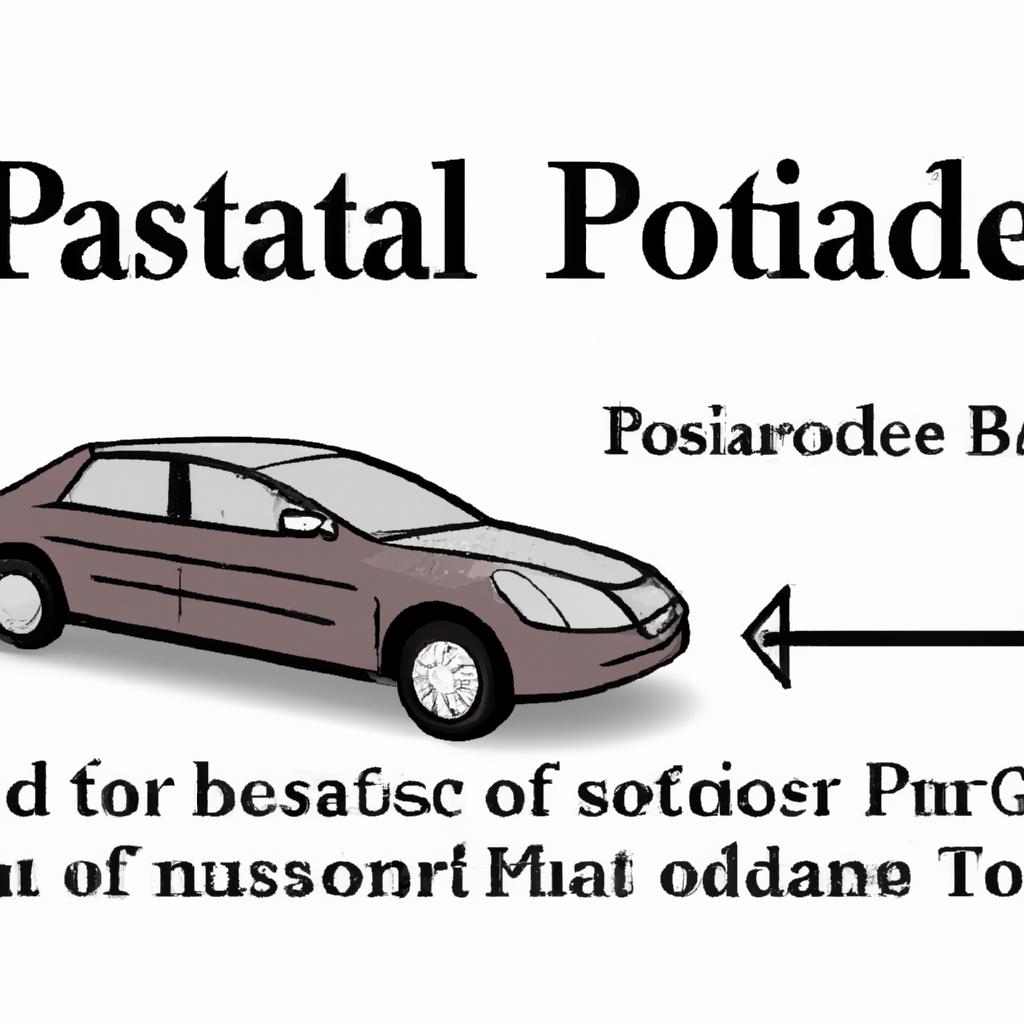In the intricate realm of estate administration, one common hurdle that many individuals face is navigating the process of selling a deceased loved one’s vehicle. As seasoned legal experts at Morgan Legal Group in New York City, we understand the complexities and nuances involved in such transactions. From determining the rightful ownership of the vehicle to handling the necessary paperwork, our knowledgeable team is equipped to guide you through the intricacies of selling a deceased person’s car with precision and professionalism. In this article, we will provide you with a comprehensive guide on how to navigate this often challenging aspect of estate settlement with confidence and ease.
Identifying Legal Ownership of the Deceased’s Vehicle
To begin the process of selling a deceased person’s vehicle, it is crucial to first identify the legal ownership of the car. This can be done by conducting a title search with the Department of Motor Vehicles to determine who is listed as the owner of the vehicle. If the deceased person’s name is the only one on the title, the vehicle will typically need to go through the probate process to transfer ownership to the heirs or beneficiaries.
Once the legal ownership of the deceased person’s vehicle has been established, there are several steps that need to be taken in order to sell the car. These steps may include obtaining a court order granting permission to sell the vehicle, transferring the title to the new owner, and completing any necessary paperwork. It is important to consult with an experienced estate planning attorney to ensure that all legal requirements are met throughout the process. Morgan Legal Group can provide guidance and assistance in navigating the complexities of selling a deceased person’s vehicle.
| Step | Description |
|---|---|
| 1 | Conduct a title search with the DMV |
| 2 | Obtain a court order to sell the vehicle |
| 3 | Transfer the title to the new owner |
| 4 | Complete all necessary paperwork |

Navigating the Probate Process for Selling a Deceased Person’s Car
When it comes to , there are several important steps to keep in mind to ensure a smooth and successful transaction. First and foremost, it is crucial to determine who has the legal authority to sell the vehicle. This may require obtaining a court order granting the executor or administrator of the estate the authority to handle the sale of assets, including the car.
Once the legal authority has been established, it is important to properly assess the value of the car to ensure that it is sold for a fair price. This may involve obtaining a professional appraisal or consulting with a trusted mechanic to determine the current market value of the vehicle. Additionally, it is essential to follow all relevant state laws and regulations concerning the sale of a deceased person’s car, including transferring the title and registration to the new owner.

Considering Tax Implications and Documentation Requirements
If you are tasked with selling a deceased person’s car, it is crucial to consider the tax implications and documentation requirements that come along with the process. Understanding these key factors will help ensure a smooth and legally compliant transfer of ownership.
First and foremost, it is important to determine if the estate will owe any taxes on the sale of the vehicle. This will depend on the value of the car and the estate tax laws in your jurisdiction. Additionally, proper documentation must be gathered and submitted, such as the death certificate, the vehicle title, and any relevant estate planning documents. By following these steps and consulting with a legal professional if needed, you can navigate the tax implications and documentation requirements of selling a deceased person’s car with confidence.

Recommendations for Safely and Efficiently Selling a Deceased Person’s Vehicle
When it comes to selling a deceased person’s vehicle, there are several important steps that need to be taken to ensure a smooth and legal transaction. Here are some key recommendations to help you navigate this process:
- Obtain the necessary documents: Before selling the vehicle, make sure to gather important documents such as the title of the car, the death certificate of the deceased person, and any relevant probate court orders.
- Transfer ownership legally: It is crucial to transfer the title of the vehicle into the new owner’s name through the appropriate legal channels. This may involve contacting the DMV and following their specific guidelines for transferring ownership.
- Get the vehicle appraised: To determine the fair market value of the car, consider getting it appraised by a professional. This will help you set a reasonable selling price and avoid any potential legal issues down the road.
Q&A
Q: Can I legally sell a deceased person’s car?
A: Yes, but there are specific steps that need to be taken in order to legally sell a deceased person’s car.
Q: What documents do I need to sell a dead person’s car?
A: You will need the death certificate of the owner of the car, as well as any relevant legal documents such as the will or probate court order.
Q: Can I sell the car if it is in the deceased person’s name?
A: Yes, but you will need to transfer the title of the car into your own name before selling it.
Q: How do I transfer the title of the car into my name?
A: You will need to go to the local department of motor vehicles or equivalent agency and show them the necessary legal documents in order to transfer the title.
Q: Are there any taxes or fees associated with selling a dead person’s car?
A: There may be taxes or fees associated with the transferring of the title of the car, so it is important to check with your local government agency for specific information.
Q: Can I sell the car before the probate process is complete?
A: It is generally recommended to wait until the probate process is complete before selling a deceased person’s car to ensure that all legal matters are properly addressed.
In Retrospect
In conclusion, navigating the process of selling a deceased loved one’s car can be a challenging and emotional experience. By following the steps outlined in this guide, you can ensure that the transaction is handled smoothly and with respect. Remember to gather all necessary documents, consult with legal professionals if needed, and approach the sale with sensitivity. While it may be a difficult task, taking the time to properly deal with the sale of a deceased person’s car can provide closure and peace of mind for all involved. Thank you for reading and we wish you the best of luck in this endeavor.

